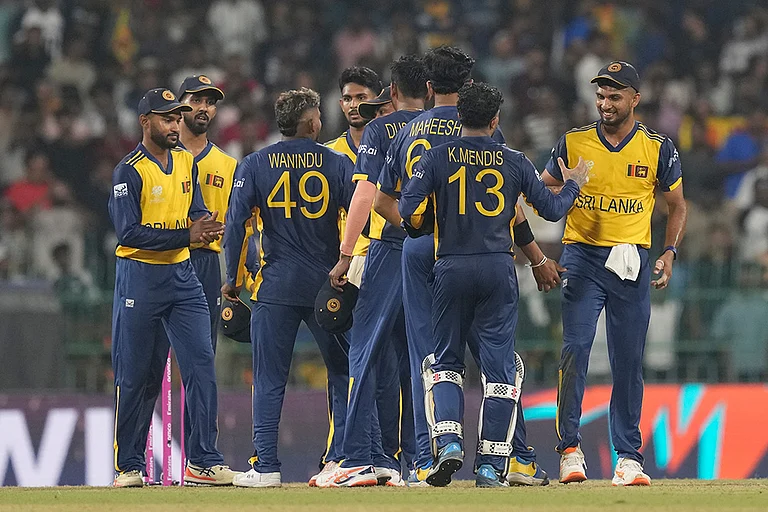One of the best pieces is a part-satiric look at journalism by V.N. Narayanan. He bemoans the fact that most journalists have forgotten C.P. Scott's maxim: "Comment is free but facts are sacred." His message: journalists are meant to be fountainheads of information, not necessarily reservoirs of knowledge. Naren Vohra analyses how India's civil service acquired its regulatory and developmental ethos, and decries its fall in standards. He narrates how Sardar Patel had failed to get the then district magistrate of Gurgaon transferred out, despite personal appeals to the governor and the viceroy. Contrast this with today's scenario.
The other interesting essays are by Justice V.R. Krishna Iyer who remarks that 50 years have only led to a cleavage between politicians and the masses, and by U.R. Anantha Murthy who laments the neglect of Indian language literature. Dr Karan Singh and Dr Kapila Vatsyayan look at the magnificence of India's civilisational and cultural heritage, while Rajni Kothari and Ramakrishna Hegde look at India as a political entity.
The more readable part of the book captures the flavour of a bygone era. H.D. Shourie recalls when as an administrator during Partition, he dispensed harsh verdicts, but did not once encounter resistance or riots. In contrast, I've had to arrive with police to ensure the implementation of a government order that directed us to take possession of an empty government building.
Nani Palkhivala argues that democracy in India, unless based on meritocracy, will falter. He observes: "It is true that in other countries of the world also, great men are not conspicuous. While other countries realise that they have to make do with commonplace people, India does not have that realisation. Therein lies the essential difference."






















